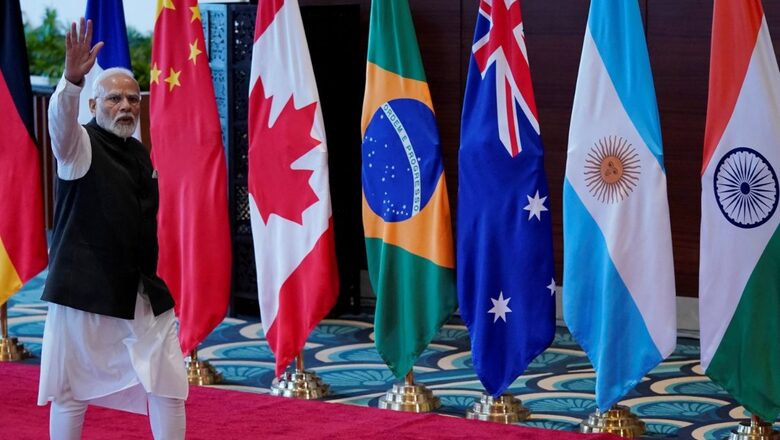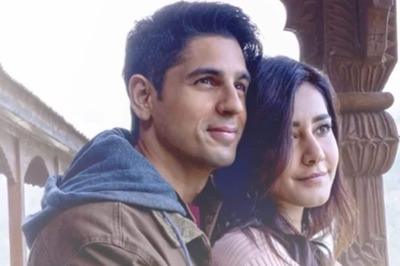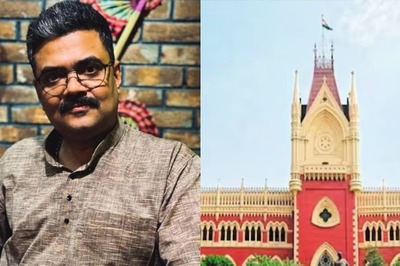
views
2023 was an eventful year for Indiaplomacy — a newly coined and merged word of ‘India’ and ‘diplomacy’, indicating diplomacy to advocate Indian interests. The year was anything but simple, from the G20 presidency to the first visit of S Jaishankar to four Latin American countries to the allegations of encounters on foreign land by India. But what challenges and opportunities will Indiaplomacy face in 2024?
Forecasting the future is a tricky business, as many known unknowns and some unknown unknowns make the world. However, certain events are pending this year that may undoubtedly impact the Indiaplomacy. A reader should take this article as an exercise to summarise the potential events that may shape the Indiaplomacy in the new year rather than a precise prediction.
India, the world’s largest democracy, is undergoing general elections this year. First things first. PM Modi-led BJP won the 2023 assembly elections in three states, proving an unwavering public support for his leadership in the absence of credible alternatives by the Opposition alliance. Welfare schemes, development, and civilisational issues like Ram Mandir favour Prime Minister Narendra Modi over other candidates. The Lok Sabha elections 2024 are less than six months away — and as things stand now — it seems almost certain that PM Modi will return to the Centre. Thus, a nationalist and pragmatic foreign policy might likely prevail in 2024.
Not just India but 50-odd countries contributing to half of the world’s GDP are undergoing elections, including the United States of America, which will have presidential elections in 2024. However, before these elections, the ill-advised Biden administration seemed unwilling to tolerate a multi-aligned and independent India, which was perceived to go against American interests. First, the US provided intelligence to Canada in the killings of Khalistani terrorist Hardeep Singh Nijjar, followed by the Department of Justice (DoJ) inquiry on Nikhil Gupta. Second, the US declined India’s invitation to join the Republic Day parade as a chief guest. Now, Paris has accepted New Delhi’s invitation, and analysts can’t rule out the prospect of an anti-China bloc, not subservient to the US, if Americans elect Biden again.
This year, the equations between India and Russia would also be interesting in the backdrop of America’s attempts to meddle in India’s strategic autonomy. In the last days of 2023, EAM Jaishankar visited Moscow to reaffirm ‘strong and steady’ ties and signed several deals on trade, connectivity, energy, military, and collaboration of an Indian nuclear plant, possibly irking the Western establishment. During this visit, Russian President Putin invited PM Modi to Moscow for the annual summit this year.
At this point, the dragon in the room must be addressed, as the elephant enters its fourth year in a frozen relationship with it. India remains an option for the ‘China plus one’ strategy for sourcing and supply chains for European and American companies. The Modi government has invited and incentivised manufacturing companies to produce more in India. A full-scale war is unlikely, but this can surely annoy China. Beijing may hit back by luring other South Asian countries and increasing its strategic positions. However, this, in turn, can increase the cooperation between New Delhi and Tokyo.
Another country that will have polls soon is Bangladesh. On January 7, the country will have elections where Sheikh Hasina and her party, Awami League, are likely to win due to the absence of her rival Bangladesh Nationalist Party (BNP) from the polls. Dhaka, under Hasina, is also going through a rough patch with Washington DC, and Beijing has all eyes on it. In this case, one challenge could be an engagement of India with Bangladesh, obviously in the absence of US support, to keep Indian interests safe by keeping China at arm’s distance. However, in the case of Jamaat-backed candidates’ win or prolonged socio-political instability, a fresh round of persecution of Hindus in Bangladesh may begin due to extremism. It can increase their exodus, and illegal infiltration by other communities in pursuit of economic prosperity may also increase. This situation also poses a different challenge for India to deal with.
In our neighbourhood, Pakistan is undergoing the elections with results due in February, but as usual, the one favoured by the Army would win—the administration change in Islamabad yields little results as foreign policy operators sit in Rawalpindi. Sri Lanka is back on track for economic recovery, and Nepal’s ruling party has reduced anti-India statements. Other than these dynamics, the continued conflict between Israel and Palestine will compel India to take measured and balanced steps. The US-Houthi confrontation may create troubles in the Red Sea in the coming days as well.
In conclusion, 2024 holds a tapestry of diplomatic challenges and opportunities for Indiaplomacy, shaped by elections, geopolitical realignments, and regional dynamics. Navigating these complexities requires a nuanced and proactive approach to secure India’s interests on the global stage.
The writer is an independent columnist who writes on international relations, and socio-political affairs. Views expressed in the above piece are personal and solely that of the author. They do not necessarily reflect News18’s views.



















Comments
0 comment